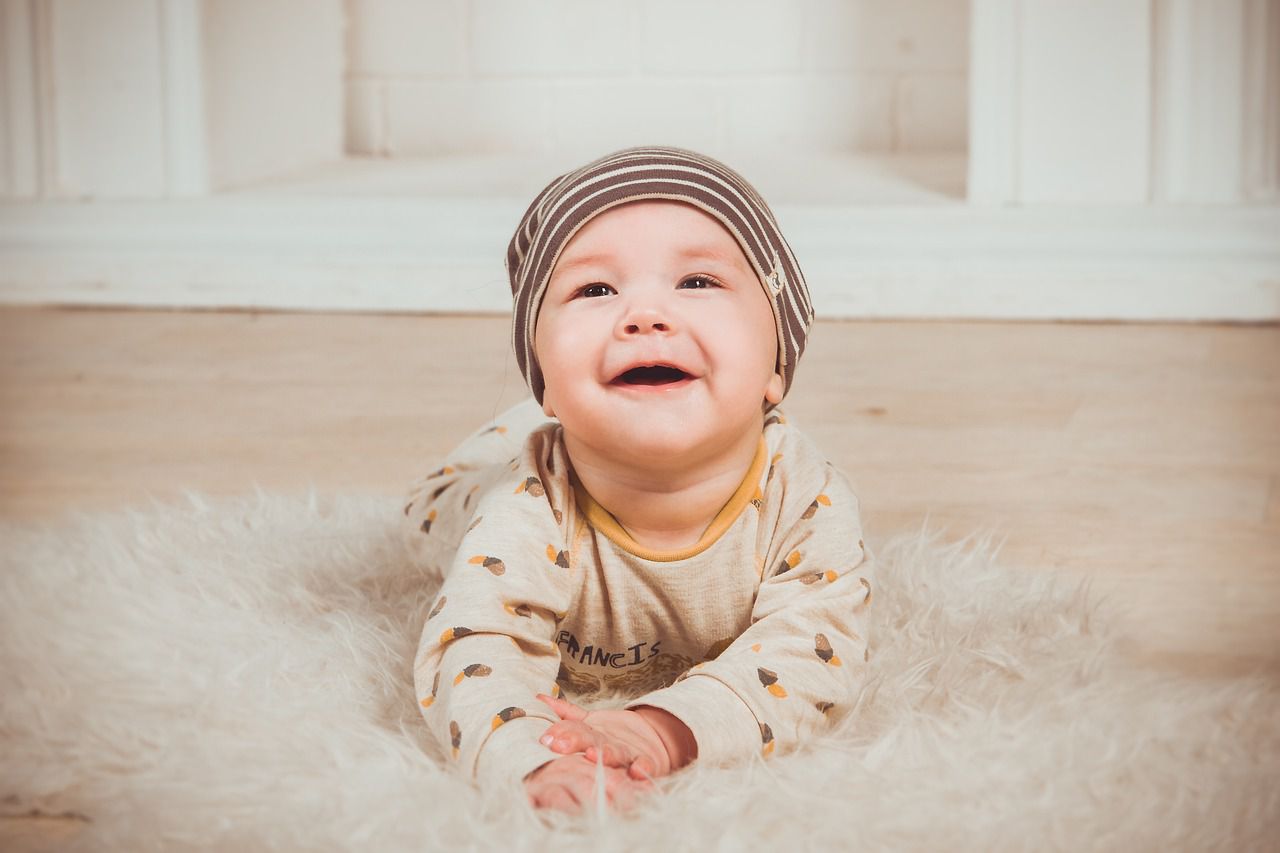In response to concerns about the impact of widespread face-masking during the pandemic on infant development, a study conducted by researchers at the University of California, Davis, set out to explore how babies between 6 and 9 months old remember and recognize faces, even when masked.
Using advanced eye tracking technology, the team delved into how masks might influence infants' facial recognition abilities.
Let's find out more!
A study Scientists presented 58 babies with pairs of masked and unmasked women's faces on a computer screen, carefully recording the little ones' eye movements throughout the study period. Notably, the research took place amid a statewide mask mandate and the emergence of the omicron variant.
The study's findings revealed an intriguing phenomenon: Babies could successfully recognize faces they had previously seen in masked form when later presented with those same faces unmasked.
However, the recognition was not as robust when the order was reversed – a situation akin to adults' experiences of struggling to identify familiar faces behind masks.

The ability to remember faces is crucial for infants' development as it plays a pivotal role in their language acquisition, emotional perception, bonding with caregivers, and exploration of their surroundings.
The research underscores the remarkable adaptability of babies, offering reassurance to parents that their little ones can thrive and navigate various circumstances as long as they receive the love, care, and attention they need.
Why is it important
By shedding light on how babies learn and adapt to changes in their environment, this study provides valuable insights into their cognitive development.
It also emphasizes that despite the challenges posed by face-masking during the pandemic, infants can continue to grow, learn, and flourish with proper support from their caregivers.












